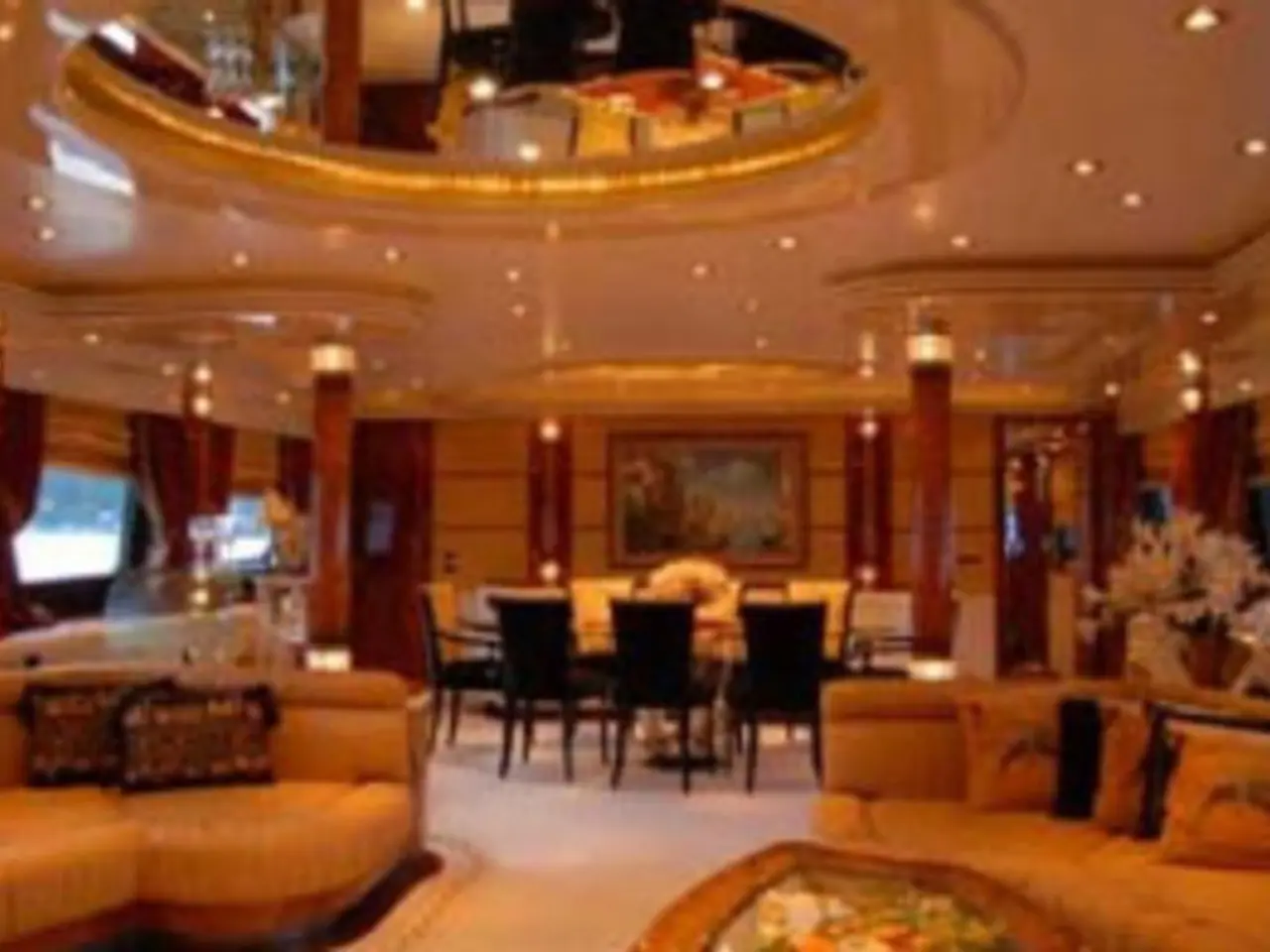Selecting an Ideal Hospitality Interior Design Company: A Comprehensive Guide
In the realm of business, first impressions matter, and this is especially true in office hospitality zones and front-facing spaces. A well-designed interior not only reflects your brand values and objectives but also sets guest expectations and influences their experience, leading to repeat use and increased satisfaction. Here's a guide to help you select a hospitality interior design firm that strikes the perfect balance between creativity, function, safety, cultural sensitivity, and guest retention.
1. Align Firm’s Purpose with Your Goals
When evaluating potential design firms, ensure they understand that hospitality interior design is about shaping guest experiences from the first impression through every interaction. Review their portfolio for designs that not only appeal aesthetically but also strategically emphasize spaces designed for functional hospitality use such as lobbies, waiting areas, or office hospitality zones.
2. Evaluate Their Design Process for Functionality and User Experience
The ideal firm approaches design as problem-solving through space, paying close attention to guest flow, lighting, noise control, and comfort factors. Ask about their methods for studying user movement and behavior to optimize both function and creativity, ensuring the space supports usability and operational efficiency.
3. Confirm Technical Expertise and Safety Compliance
Prioritize firms that demonstrate knowledge of fire safety regulations, accessibility standards, and building codes. These factors are critical for front-facing business spaces that host diverse visitor groups. Request examples of projects where the firm integrated safety considerations without compromising on design quality.
4. Consider Cultural and Regional Sensitivity
Check that the firm has experience designing within your specific cultural and regional context. This ensures they respect and incorporate local traditions, aesthetics, and guest expectations, which is especially important in hospitality environments. Firms with prior work in similar geographic or cultural settings are more likely to anticipate and embed such sensitivities into their designs.
5. Look for Experience in Office Hospitality Zones and Front-Facing Spaces
Firms with experience in office interior design combined with hospitality aspects understand that these spaces must blend welcoming aesthetics with professional utility. Such firms typically demonstrate how hospitality principles can enhance business spaces, improving guest comfort and service delivery, which directly contributes to better guest retention.
6. Check Communication and Project Management Skills
Effective collaboration across different stakeholders (owners, brand managers, engineering disciplines) is crucial to balance creativity, compliance, and cost efficiency. Look for firms that maintain clear communication, manage project milestones effectively, and are adept at aligning design choices with brand and operational goals.
By following these criteria, you invest in design solutions that are creative yet practical, safe, culturally appropriate, and commercially effective in driving guest satisfaction and loyalty in office hospitality and business-facing spaces. For more practical tips on procurement and budgeting for interior design projects, consider looking into streamlined procurement platforms used by firms to manage timelines and costs effectively.
- Research design firms with a focus on home and garden projects, as the principles of shaping guest experiences and emphasizing functional use for aesthetically appealing spaces apply to both professional and residential settings, aligning with today's lifestyle trends.
- Look for firms that specialize in lifestyle-oriented interior design, focusing on integration of eco-friendly materials, multi-functional spaces, and vibrant color palettes, keeping in mind the intersection of private home aesthetics and hospitality principles, thereby creating a cohesive, livable living space within the home-and-garden context.




